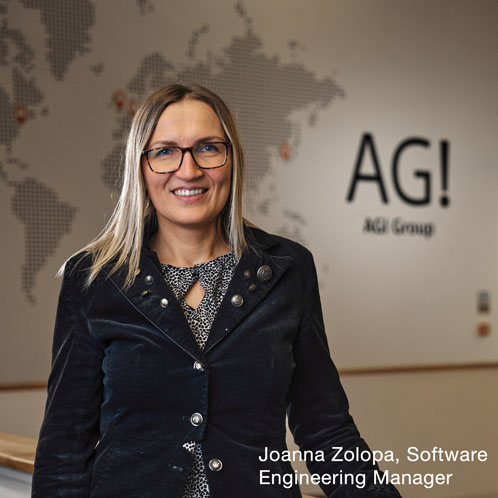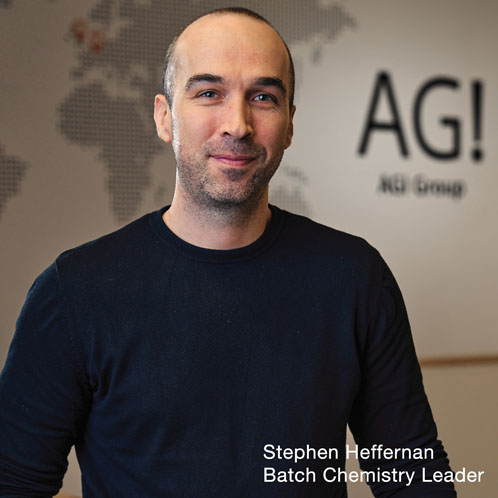Using digital technologies to establish more efficient workflows and enhance productivity, Industry 4.0 practices have been widely adopted by many sectors.
This digitalisation is now being embraced by the chemical manufacturing industry at the production scale, with automation and real-time data integration helping to streamline processes and remove the risk of human errors.
The uptake of such approaches, however, has been much slower in pilot-scale R&D; these studies have historically relied on semiautomated instrumentation and siloed data systems, thereby limiting researchers’ ability to seamlessly integrate advanced digital tools into their processes.

This has created a disconnect between the operational approaches used during development and manufacturing, often requiring significant reoptimisation for successful scale-up.
Research chemists are therefore under increasing pressure to improve the transition of processes from pilot to production scale to avoid the need for laborious, time-consuming and costly iterative reoptimisation.
The adoption of digital approaches earlier in the pipeline will go a long way to improving the efficiency of upscaling projects and streamlining the pathway to manufacturing.
An important foundation for the successful introduction of automation across the board is manufacturer- and platform-independent communication between devices and databases.
Unfortunately, at the pilot scale, exchanging information between systems from different vendors to create an integrated workflow has historically been very challenging. The programs rarely talk the same language, so to speak.
This is driving chemists to look for alternative approaches to compile information in a single system and a universal format that allows two-way data exchange and device control.
A universal language for data exchange
OPC Unified Architecture (UA) is designed to overcome the challenge of integrating devices from multiple suppliers by providing secure and standardised data exchange.1
The OPC Foundation has established working groups across various sectors — including several for the chemical industry — to develop standards for different applications.

These groups aim to provide specific, self-descriptive data exchange protocols for each application, removing the need for time-consuming device integration; the OPC-UA data provides all the information required to communicate with the device.
This enables all users, regardless of experience, to integrate OPC-UA compatible devices into their broader systems without the need for custom drivers and programming, increasing the accessibility of instruments by improving the ease of installation.
Futureproofing chemical manufacturing labs
The potential of this approach is only just being realised in the chemical manufacturing sector, but its widespread adoption — from early stage pilot studies right through to manufacturing — will help to streamline the scale-up of projects and ensure that the sector reaps the benefits of Industry 4.0.
Systems built upon OPC-UA — such as the AGI Glassplant Pilot Reactor Controller — provide chemists with the ability to fully control reactions and observe, automate and/or modify them from a single user interface.
These devices can often act as standalone systems or be easily integrated with any other OPC UA-based ones, such as SCADA (supervisory control and data acquisition) applications.
The commonality of OPC-UA enables chemists to futureproof their labs with secure, robust data connections that work for current reactors, as well as any OPC-UA supported devices that they wish to integrate in the future.
The ever-expanding capabilities of the protocol will also provide the opportunity for vendors to infinitely add parameters as needs change.
Summary
It’s no secret that Industry 4.0 has and will continue to change the trajectory of many industries and chemical manufacturing has already seen a significant uptake of automation.
This advancement is helping to streamline processes, giving chemists more time for data analysis and reducing the risk of human error. However, it is only just beginning to penetrate early stage pilot studies, as chemists realise the benefits that adopting the same technologies can have for efficient scale-up.
The secure exchange of data between machines will be paramount to the success of integrating devices; as such, chemists can stay ahead of the curve by investing in OPC-UA supported devices early to futureproof their labs.
Reference
- https://opcfoundation.org/about/opc-technologies/opc-ua/.

